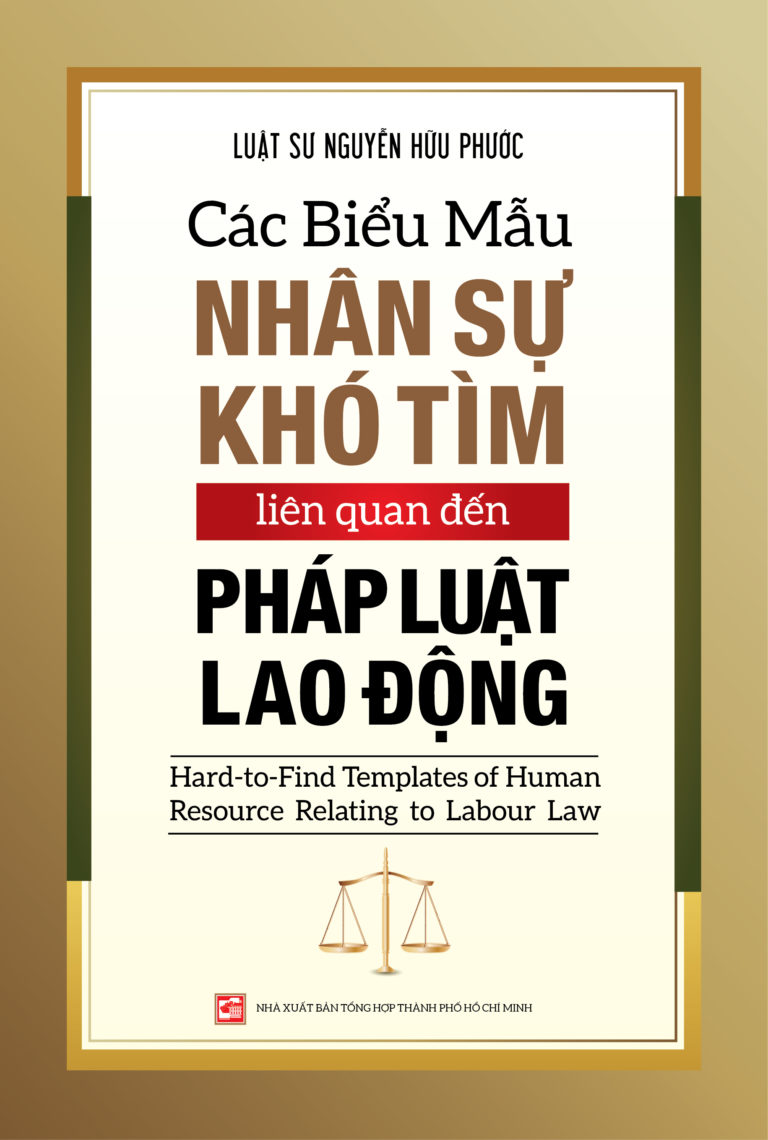News and Updates on Debt Recovery
Debt recovery is becoming an increasingly important and urgent issue in the context of the constantly fluctuating global economy. Economic instability brings financial difficulties, reducing the payment capabilities of many enterprises and individuals. Thus, managing and recovering debts is not just an ordinary financial task, but requires agility and flexibility in strategy. The rising bad debt ratio, especially in key industries such as real estate, finance, and manufacturing, has made the debt recovery process more complicated than ever.
In this context, staying informed about legal regulations, market trends, and major debt recovery cases is crucial for enterprises, individuals, and financial institutions to effectively manage their debts. Understanding changes in debt recovery laws not only helps stakeholders comply with regulations but also helps them avoid unnecessary legal risks. Moreover, closely following market trends allows creditors to identify potential opportunities and challenges, thus adjusting their debt recovery strategies to fit actual conditions. The article News and Updates on Debt Recovery below will provide enterprises and individuals with a comprehensive and detailed view of the current debt recovery landscape.
Latest news on debt recovery
In the current turbulent economic environment, debt recovery is becoming a significant issue for many enterprises in Vietnam. The increase in bad debts, combined with difficulties in accessing capital, has left many companies facing substantial financial pressure. Although debt recovery provisions are regulated in the Civil Code 2015 and the Civil Procedure Code 2015, the enforcement process still faces many limitations and complexities, especially for unsecured debts. Many large enterprises in Vietnam are facing difficulties in repaying loans on time, leading to renegotiations of debt terms or facing legal actions from banks and partners.
A prime example is in the real estate sector, where many companies have faced liquidity problems due to tightened credit policies, resulting in the burden of bad debts. This situation accelerates the debt recovery process, forcing stakeholders to seek viable solutions to mitigate losses. Additionally, companies’ development of effective credit management policies and maintaining good customer relationships play crucial roles in limiting the occurrence of bad debts. Forecasts suggest that the debt recovery market will continue to experience volatility, requiring enterprises to adopt flexible strategies and timely responses to changes in the legal and economic environment.
Recently, the government has taken positive steps to improve the debt recovery process, including strengthening supervision, amending relevant legal regulations, and encouraging the participation of professional debt recovery service providers. New technologies such as artificial intelligence and blockchain are also being applied to enhance efficiency in tracking, managing, and recovering debts, helping enterprises reduce the risk of capital loss.
Updates on debt recovery regulations
Currently, in Vietnam, there is no specific law on debt recovery. However, provisions related to debt recovery are outlined in the Civil Code 2015 and the Civil Procedure Code 2015. These provisions help protect the interests of the parties involved in the debt recovery process, ensuring that this process complies with the law. Debt recovery methods in Vietnam can be divided into two main groups: non-coercive debt recovery and coercive debt recovery.
The calculation of overdue interest is also clearly regulated in the Civil Code 2015, where overdue interest is calculated on the principal debt amount and is determined by agreement between the parties or in accordance with legal provisions.
Major debt recovery cases in Vietnam
Typically, debt recovery cases often involve a lot of confidential information and are usually held in closed sessions, making it difficult to find major debt recovery cases in Vietnam. However, we have consulted and researched official sources from the Courts, Arbitration, and other relevant government authorities. Below is the judgment on a debt collection case for your reference: https://congbobanan.toaan.gov.vn/2ta1335330t1cvn/chi-tiet-ban-an.
Debt recovery market trends
The debt recovery market in Vietnam is witnessing significant changes with the increasing involvement of digital technologies and modern financial management solutions. Businesses and financial institutions are shifting from traditional debt recovery methods to using digital tools such as artificial intelligence (AI) and big data analysis to optimize the debt recovery process.
Automated systems and digital debt management platforms help enterprises better track debt status while improving communication efficiency with customers. Using these applications not only saves time but also reduces legal risks related to the debt recovery process. This trend is spreading, especially in industries such as finance, insurance, and retail, where debt management is becoming more complex and requires quick responses to information.
Current debt recovery trends
Today, there are various ways to recover debts depending on the specific situation, including both legal and illegal methods, each with different effectiveness and risks. In Vietnam, common debt recovery trends include:
- Illegal debt recovery methods: Some creditors, worried about not being paid on time, often use illegal measures to pressure the debtor. These actions may include threats to life, health, or publicising sensitive personal information. Some creditors even detain, beat, or extort the debtor’s property, severely violating legal regulations. Moreover, hiring debt collection agencies, although prohibited under the Investment Law 2020, still occurs frequently due to its rapid effectiveness, despite the significant legal risks it poses to creditors.
- Negotiation and mediation for debt recovery: This is a legal and encouraged method, requiring cooperation and goodwill from both parties. This process typically includes three phases: reminders, pushing for payment, and issuing warnings. Initially, creditors will gently remind the debtor to make payments. If unsuccessful, they will increase the frequency of reminders through debt reminder letters, payment demand letters, and finally, a strong warning emphasizing legal consequences if the debtor fails to fulfill their obligation.
- Legal debt recovery: When negotiation efforts fail, creditors can sue or report through the courts to force the debtor to repay the debt. This method is often applied to difficult and bad debts, requiring urgent action from authorities to prevent the debtor from avoiding their obligations.
Economic factors affecting debt recovery
The global economy is currently undergoing many fluctuations, and Vietnam is no exception. Factors such as inflation in the real estate sector, and global financial crises are strongly affecting the debt recovery process in Vietnam. High inflation increases living costs, reducing borrowers’ ability to repay. At the same time, tightened credit from banks makes it difficult for many enterprises and individuals to access capital, exacerbating the bad debt situation.
Additionally, local and international economic conditions also strongly influence market sentiment, affecting how enterprises approach debt recovery. When the economy declines, enterprises’ ability to repay debts also decreases, making debt recovery more challenging. These factors create a ripple effect, impacting both creditors and debtors, and altering the structure and process of debt recovery for enterprises and financial institutions.
Debt recovery is not just a technical issue but also plays a key role in ensuring the health of the economy and the financial system. Effectively managing debts not only helps enterprises and individuals protect their assets but also impacts the overall operation of the entire economy. When enterprises struggle with debt recovery, cash flow is interrupted, reducing the ability to invest, produce, and do business. This can lead to a chain reaction, affecting other industries and slowing economic growth.
Staying up to date with the latest information on legal regulations, market trends, and economic factors influencing debt recovery is essential. This helps relevant parties adjust their debt recovery strategies flexibly and allows them to anticipate and respond in a timely manner to potential risks. With a deep understanding of legal changes, such as provisions related to debt recovery statutes of limitations, overdue interest rates, and security measures, enterprises can avoid legal disputes and optimise their debt recovery processes.
The above is an overview of News and Updates on Debt Recovery. If you have difficulties in finding a Law Firm to advise and support in the relevant legal field, please contact us. Phuoc & Partners is a professional consulting firm established in Vietnam and currently has nearly 100 members working in three offices in Ho Chi Minh City, Hanoi and Danang. Phuoc & Partners is also rated as one of the leading consulting firms in Vietnam with highly specialised teams in top legal fields such as Labour and Employment, Taxation, Merger and acquisition, Litigation. We are confident in providing customers with optimal and effective service.










